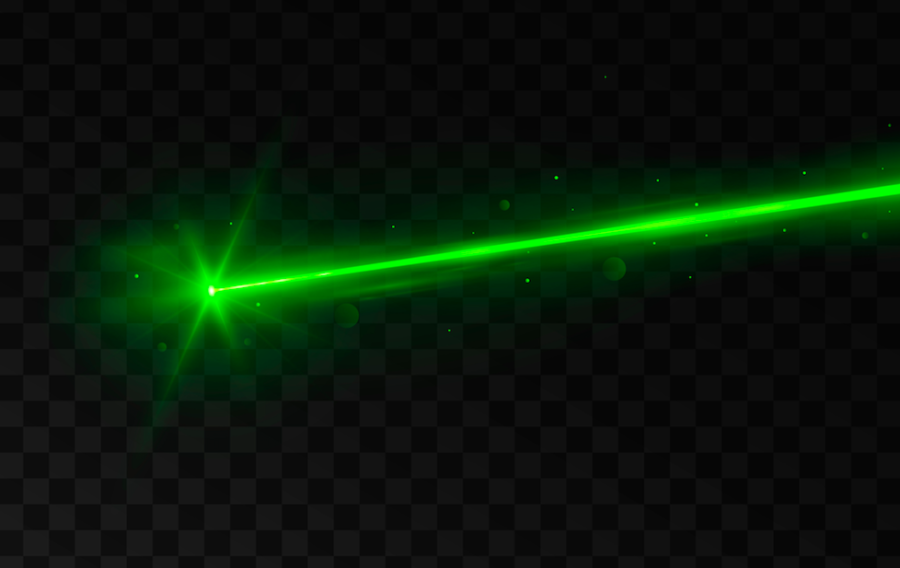
Official DPRTE event partner, the Defence Science and Technology Laboratory (Dstl) is researching new materials to improve protection for optical sensors within digital cameras against attacks by lasers.
Mounted on a variety of different platforms such as vehicles, ships or aircraft, cameras capture crucial intelligence, surveillance and reconnaissance (ISR) data to help commanders gather information and manage their forces. Disrupting these cameras and restricting the flow of imagery provides adversaries with a strategic advantage.
Sensors within digital cameras are extremely sensitive to light, which is why camera manufacturers advise never to point a camera at the sun, for instance. Lasers are powerful and bright projections of light which, directed at the lens of a camera, could dazzle or damage the sensor.
The Defence Science and Technology Laboratory (Dstl) conducted a trial to assess novel protection filters on cameras and demonstrate hardening to high intensity lasers. Several devices tested on the trial demonstrated protection across a wide range of laser intensities, even when exposed to laser engagements many times.
The Dstl trial was attended by three international collaborating organisations and identified extensive follow-on work to allow sensors to continue operating in contested environments.
Data from the trial is being reviewed, following which expressions of interest will be invited from industrial suppliers to accelerate the development of the technology.
Chris Westgate, Dstl’s technical authority for the trial, said: “Dstl researches new technologies to help keep UK forces and their equipment safe from harm. We protect assets not just from conventional threats, such as bullets and explosives, but from novel and unconventional threats such as cyber, radio frequency and other attacks.
“By improving the resilience and durability of equipment we will help UK forces retain freedom of action against current and future threats.”
If you would like to join our community and read more articles like this then please click here







